Uncertainty, instability and discomfort are certainly facts of life and there’s no person who understands this more than the creative entrepreneur. Those of us who earn a living—as independent contractors, as practitioners, as freelance artists, are self-funding creative projects, have several side hustles, or are in the service industry—not always knowing when the next job is, when we will see our next paycheck, or if a client will pay us on time is an all too familiar concept.
I’d like to think that those of us who continue to stay in the space of W9s and 1099s clearly have a strengthened way to exist with the ebb and flow of the gig economy and have made our peace with it all. I certainly have! I’ve come to appreciate the lulls, the gift of freedom and choosing my own schedule. As a mindfulness teacher, I see this lifestyle as a practice of my area expertise and a way to be with myself as things arise. It is also a way for me to continue learning about self-compassion in the ways I get to meet myself moment to moment when things don’t go as planned and are otherwise inconvenient.
“We are uncomfortable because everything in our life keeps changing.” -Tara Brach, Radical Accptance
While uncertainty and not-knowing are facts of life, what happens when our internalized process and way of navigating instability gets disrupted and magnified by a global health crisis? This has been my morning practice inquiry for the past two weeks; and I’m not alone with this question. Like so many other freelancers, artists, creative practitioners, we are rapidly seeing our work disappear before our eyes. And it took a turn for the worse last week.
So what can we do? What ought we do?
As an artist and mindfulness teacher, I am constantly reminding my students to be present with whatever arises and to accept the present reality. Ironically, this feels really difficult when the present reality is a cancellation of all my classes, all events, and all large gatherings because of COVID-19.
We are certainly encountering a whole new level of feeling discomfort, uncertainty, destabilization, anxiety, and fear of the unknown given the global outbreak of the coronavirus a.k.a. COVID-19. And for so many of us, the anticipation that it’ll only get worse is making it worse for us. These concerns rest at the very top of daily pressures that we were already encountering on a regular basis—the impact of this is huge. This high state of stress and worry (fear and panic) can lead to cumulative stress and take a huge toll, compromising our immune systems. First, we have to take care of our health, including our respiratory systems.
What to Know/How to Take Care:
According to the Mayo Clinic, COVID-19 is a newly identified viral disease in the coronavirus family, but it can be more severe and it spreads easily. The diagnosis has been difficult because it shares several symptoms with influenza. There is currently no vaccine for COVID-19. The good news is that National Institutes of Health is developing a vaccine, but we will have to wait. It will not be ready and approved for use for at least a year or more.
According to the CDC, here are some important things for us to know to take better care of ourselves and each other:
1.Reported illnesses have ranged from mild symptoms to severe illness and death for confirmed COVID-19 cases. Know the symptoms! These include fever, cough, and shortness of breath. Seek medical attention if you develop any of these.
2. Some people have a higher risk of getting COVID-19 than others. People who have compromised immune systems, autoimmune disorders, without insurance, and the elderly are at risk. Our healthy habits keep these at-risk people healthy. People who have been in close contact with a person known to have COVID-19, or those who live in, or have recently been in an area with ongoing spread are at an increased risk of exposure are also at higher risk.
3. Someone who has been completely quarantined or has been released from isolation does not pose a risk of infecting other people.
4. Simple and effective practices for staying healthy include washing your hands often with soap and hot water for at least 20 seconds, especially after blowing your nose, coughing, or sneezing; going to the bathroom; and before eating or preparing food. Avoid touching your eyes, nose, and mouth with unwashed hands. Stay home when you are sick. Cover your cough or sneeze with a tissue, then throw the tissue in the trash.
For up-to-date information, visit CDC’s coronavirus disease 2019 situation summary page.
Scarcity Versus Creativity
For those of us that are creative, this is an opportunity for us to continue being creative. As long as we are healthy and able to create, I encourage us to spend that energy towards creative projects. Maybe there is something that you’ve been meaning to do (paint your kitchen walls, write a short story, start a podcast) and maybe there is something that you’ve always wanted to do (learn a new skill or study a foreign language). How can you develop and nurture yourself? Seeing the opportunity in the space might feel better as well as feel constructive.
“Creativity requires faith. Faith requires that we relinquish control.” -Julia Cameron
I’ve had to rethink the work that I do. I have spent years relying on my body to be in a physical space in order to guide a meditation class or art direct a photo shoot. Because a lot of my work and travel has been cancelled, I am choosing to think creatively. What are the home projects I can work on? What are ways that I can nourish my space so I can better nourish myself? What other actions can I take to deepen my self-care practices? Now is a good time to refresh your work space—here’s how feng shui can increase productivity and creativity. By doing this, I am supporting other practitioners and artists as well as allowing creative flow to move through me as I think about how I might restructure my offerings.
On a practical level some questions to ask are:
- Can I take what used to be an in-person experience and support those who are feeling isolated?
- Can I move to a more digital version of my work and reach more people?
For many of us, we’ll have to pivot. Consider an area of need. For instance, ride-hail drivers are shifting to food and grocery delivery, which currently is booming with the increased amount of people staying indoors. These are the specific questions I have been asking myself over the past few days. In my experience, pausing has always been helpful and I am seeing the loss of work as a new direction for opportunity.
What to Do in the Unknown
The mindfulness teacher in me invites you to practice radical acceptance. Now more than ever! There is not a perfect solution right now. Challenge yourself to be in the moment and to find gratitude and joy. Stay informed. Listen to yourself while also listening for truth. Learn what you can objectively and notice when you are reacting, being defensive, or listening with fear. Mindfulness supports our nervous system and immune system.
“Radical acceptance is the willingness to experience ourselves and our lives as it is.” – Tara Brach, Radical Acceptance: Embracing Your Life With the Heart of a Buddha
I also invite you to remain curious and lean towards the collective. We heal together. Discuss with friends and loved ones what you can do to protect yourself and the people you love. Make a plan and commit to it, and remind yourself often that you are doing everything you can. Know that like all things, this will pass and eventually be different. We are a resilient species and we will get through it.
And most of all, be kind to yourself.
Photo: Anna-Alexia Basile
Nkechi Deanna Njaka, MSc. is the founder of the creative agency NDN Integrated Lifestyle Studio as well as the co-founder of Sitting Matters, a mindful + creative lifestyle brand. She is also a meditation teacher and artist. She is a 2020 Kennedy Center Artist in Residence and was a 2017-2018 YBCA Artist Fellow. Nkechi majored in neuroscience and dance at Scripps College and went on to complete an MSc in Neuroscience at the University of Edinburgh. With a background in neuroscience and dance, she has spent the majority of her life investigating the relationship between the brain and the body and has always felt the significance of their integration. For several years, Nkechi worked as a neuroscientist as well as a professional modern dancer and choreographer. Through this work, she discovered that mindfulness and creativity are crucial for sustaining individual and global wellbeing. When not exploring mindfulness and other wellness practices, Nkechi spends her time discovering ways to participate more fully in the arts and travel. She currently lives in San Francisco and is a Lululemon ambassador for her work in mindfulness. You can find her on Instagram at @ndnlifestylist.

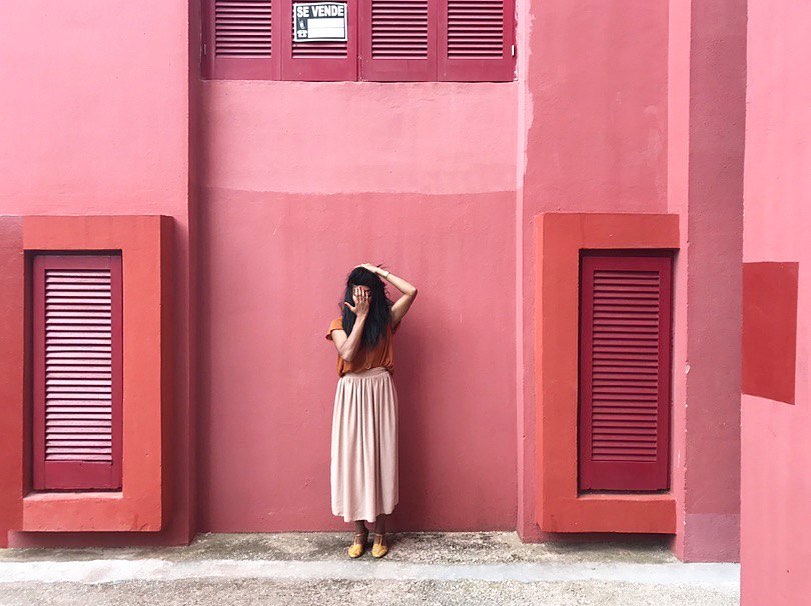





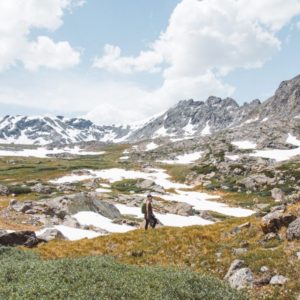
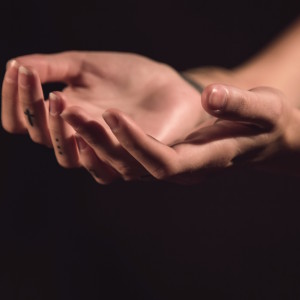
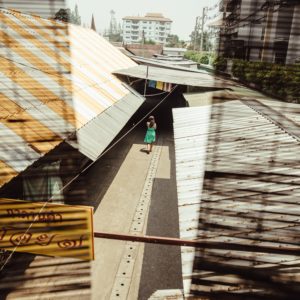
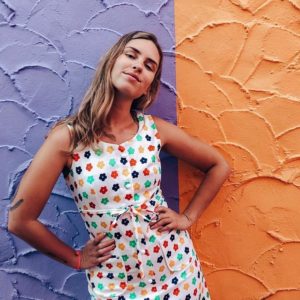
Leave a reply